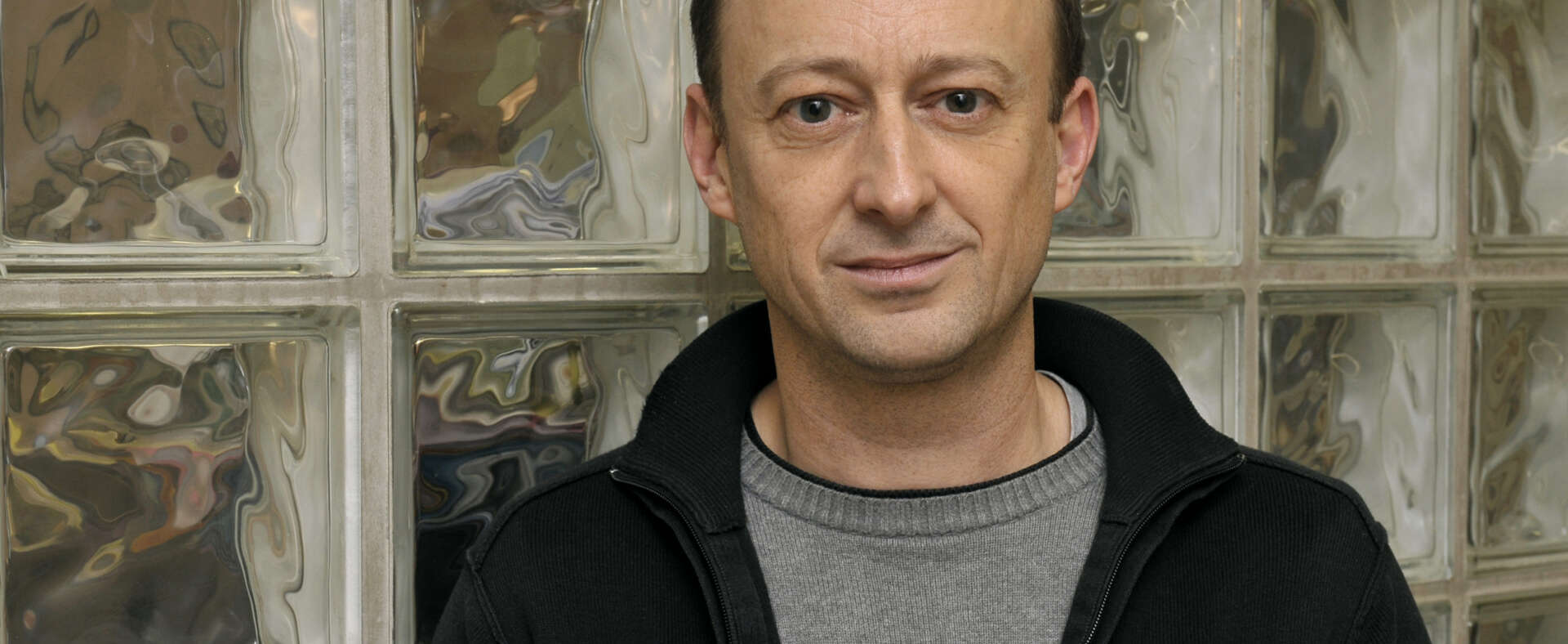WRITTEN BY: Annika Pham
Artistic Director of Paris Series Mania (April 13-23) highlights this year’s edition and tells us about trends in world TV drama.

Artistic Director of Paris Series Mania (April 13-23) highlights this year’s edition and tells us about trends in world TV drama.
What are the novelties at this year’s Series Mania?
Frédéric Lavigne: Series Mania is a true audience-driven festival with a growing industry platform. Last year we attracted almost 40,000 visitors and 1,300 professionals in 10 days. This year we have enhanced our capacity to host more events and screenings, so we will have 150 screenings of nearly 60 series. In our main official competition where we accept only world or international premieres, we have ten TV dramas. Lost co-creator Damon Lindelof is Jury President.
In the web and digital series section, we’ve added digital short format to respond to the boom in this sector. New digital platforms have been launched like Studio +, a branch of Canal+ and most recently Blackpills, hosting high end native short format shows for mobile phones. They launch a new series every two weeks and have attracted name directors such as Luc Besson and Zoe Cassavetes. This is a very interesting new trend. Today, formats have literally exploded and go from 10 to 60 minutes.
Technology evolution is obviously driving content…
FL: Yes the web is the new TV where shows can be watched at once, or individually, anytime and anywhere. Therefore you cannot say TV series anymore but drama and series. Television is not the only way to watch content.
Can you present your Nordic selection?
FL: We have five shows and Borgen creator Adam Price is invited as guest of honour. Studiocanal/Arte are co-producing Ride Upon the Storm with DR and we’re proud to have world premieres of the two first episodes. It’s an intimate show about your beliefs, how you deal with them when you’re a man of faith. The Norwegian stylish crime series Monster co-created and directed by Anne Sewitsky is also in competition. It’s very dark, set in a religious community. The directing is remarkable.
In the Panorama section, we have the Swedish noir Before We die. It’s a strong character-driven cop show with a woman in her 60s in the lead. That’s quite unusual. Then Below the Surface created by Kasper Barfoed is a tense hostage drama. In the new section Brand New Seasons, we have Occupied season 2. Season one was extremely popular with French critics.
In the web-series competition there is Ø, a French-Danish co-production, created by Studio+ in France, but shot in Denmark. Co-productions continue to grow, to the point where it’s sometimes hard to tell the nationality of a show.
What will be the key topics of your Conference Day?
FL: It will focus on five topics:
How do you deal with the competition from other TV drama markets/festivals, including Cannes Series set to run alongside MIPTV, and the French government’s support of Lille as city host of a new major TV Drama Festival?
FL: Well, we took part in the competition to bid for the creation of one big international TV Drama Festival in France, so we’re well aware of the situation. At the moment, we’re the only festival totally dedicated to TV drama, catering both for the audience and professionals.
All we can do is stay 100% focused on our 8th edition and we’ll see what happens next. I’m not sure that Cannes has so much room and screening venues to be able to develop so close to MIPTV where people don’t want to stay more than 3-4 days anyway. In Paris, we have a much wider and younger audience, and Parisians are passionate about culture.
What trends can you identify on the TV drama market?
FL: Besides the development of web series and new ways to watch drama series, I think that the huge number of dramas produced globally is on the verge of reaching a saturation point. Also, many indie productions are being absorbed by pan-European or global groups. This is positive because it facilitates the shows’ global distribution and budget possibilities, but it is worrying on a creative standpoint. For instance Studiocanal tends to work only with the prodcos within the group and is cutting out third party projects.
What about genres. Is Nordic noir still as popular?
FL: As my colleague and General Director Laurence Herszberg says: “you always need a little black dress in your bag”! It’s the same with crime drama. Everyone needs a good crime drama and every channel asks for it. However, the Nordic noir copied in France, the UK is also reaching a saturation point. That said, cop shows crossed with other genres-comedy, social-family drama, supernatural-sci-fi such as Jordskott work well if well-rooted in a local environment.